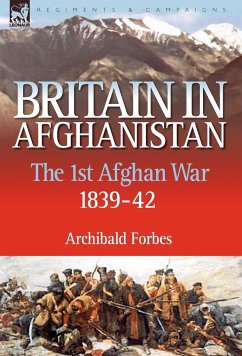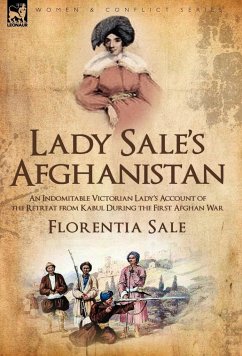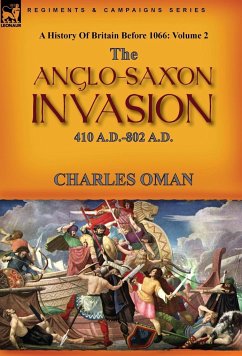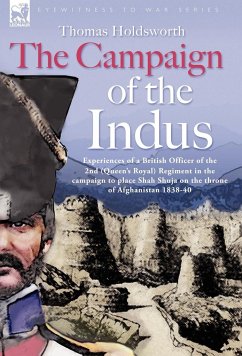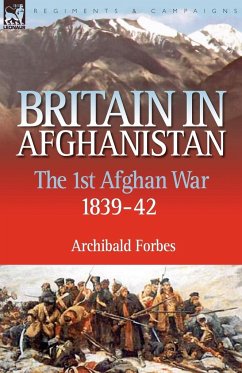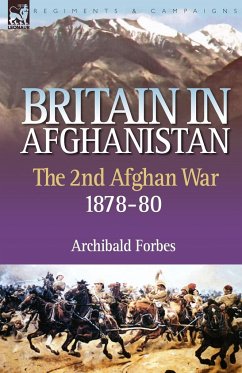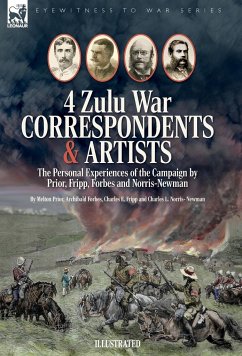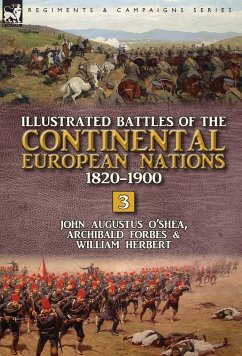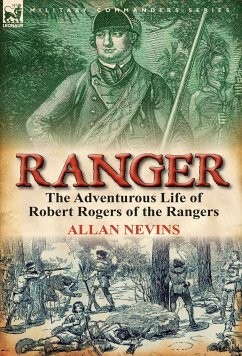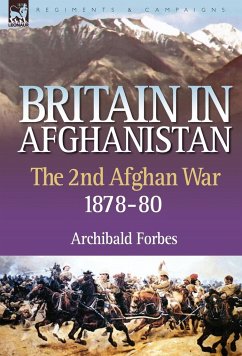
Britain in Afghanistan 2
The Second Afghan War 1878-80
Versandkostenfrei!
Versandfertig in über 4 Wochen
29,99 €
inkl. MwSt.
Weitere Ausgaben:

PAYBACK Punkte
15 °P sammeln!
In 1878 Russia turned its attention to Asia and sent an uninvited mission to Afghanistan. Britain demanded the same privilege, were refused and the seeds of war were sown once more. Partial occupation soon followed, but the British discovered again-as they would in the future-that there was much difference between occupation and effective control of a country where one could only be sure of the ground upon which one stood. This was a country almost impossible to dominate, made for defence and populated by a fierce mountain people who knew its ground and tolerated no invaders. Another British d...
In 1878 Russia turned its attention to Asia and sent an uninvited mission to Afghanistan. Britain demanded the same privilege, were refused and the seeds of war were sown once more. Partial occupation soon followed, but the British discovered again-as they would in the future-that there was much difference between occupation and effective control of a country where one could only be sure of the ground upon which one stood. This was a country almost impossible to dominate, made for defence and populated by a fierce mountain people who knew its ground and tolerated no invaders. Another British diplomat was slaughtered-true to pattern of the British-Afghan experience-and now open warfare broke out including a disastrous defeat for the British at Maiwand, which had the British public shuddering at the prospect of another crushing military debacle in the Khyber Pass. Military victory of a sort came with the battle of Kandahar and an uneasy compromise was reached to enable a peace. This the history of the Second Afghan War-another episode of British military history typified by savagery, massacre, siege and battles-it would not be the last time .



